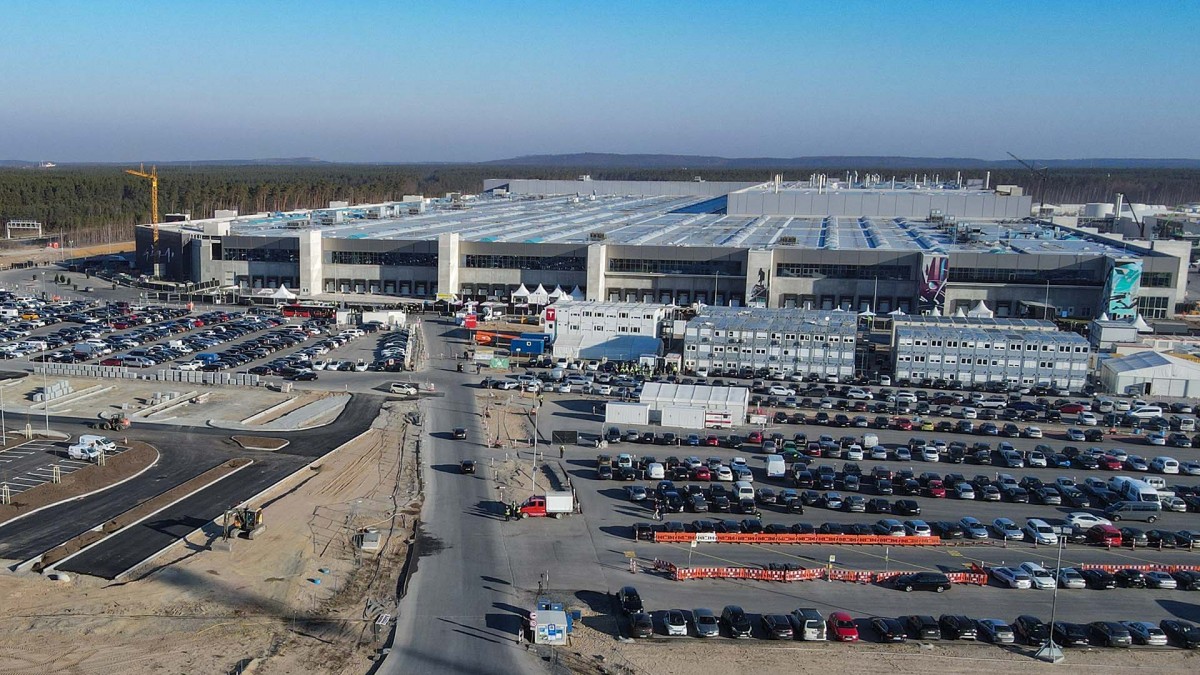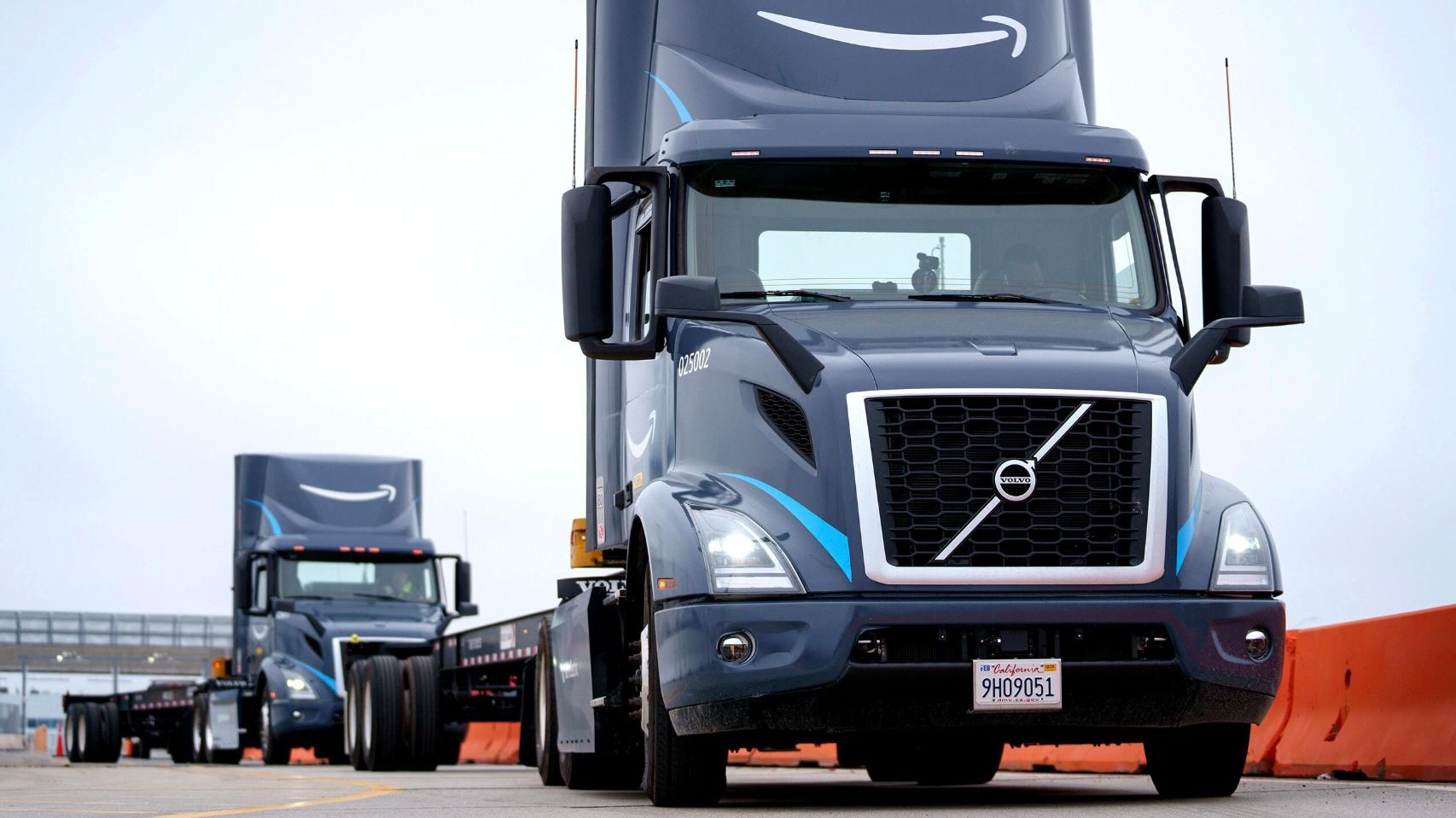Tesla has announced plans to shut down its Gigafactory in Berlin for four days, raising questions about whether the closure is a necessity or a strategic decision by the company.
Last quarter, Tesla faced challenges at Gigafactory Berlin, including a shutdown due to an arson attack by environmental activists and reduced production due to supply chain disruptions related to the Red Sea conflict. While these issues were largely out of Tesla’s control, some analysts suggested that the disruptions conveniently aligned with the automaker’s need to scale back production due to lower sales.
The recent announcement of another shutdown at Gigafactory Berlin comes amidst planned protests by environmentalist groups opposed to Tesla’s expansion in the area. In response, Tesla has instructed employees not to report to the factory after the Wednesday night shift. Instead, employees will work from home on Friday, which is considered a bridge day for those in vehicle production.
Tesla’s decision to close the factory raises questions about whether it is a proactive measure taken by the company or a response to concerns from local authorities. While Tesla claims to have been working with local authorities on the matter, the exact reason for the shutdown remains unclear.







